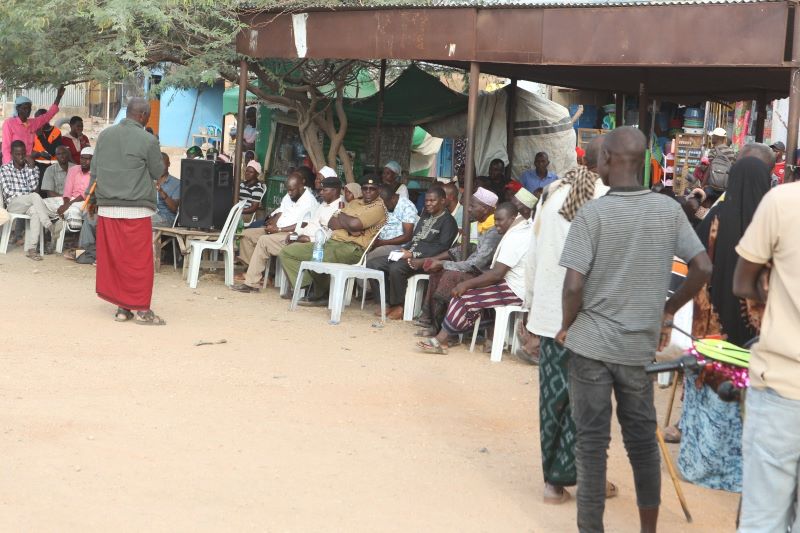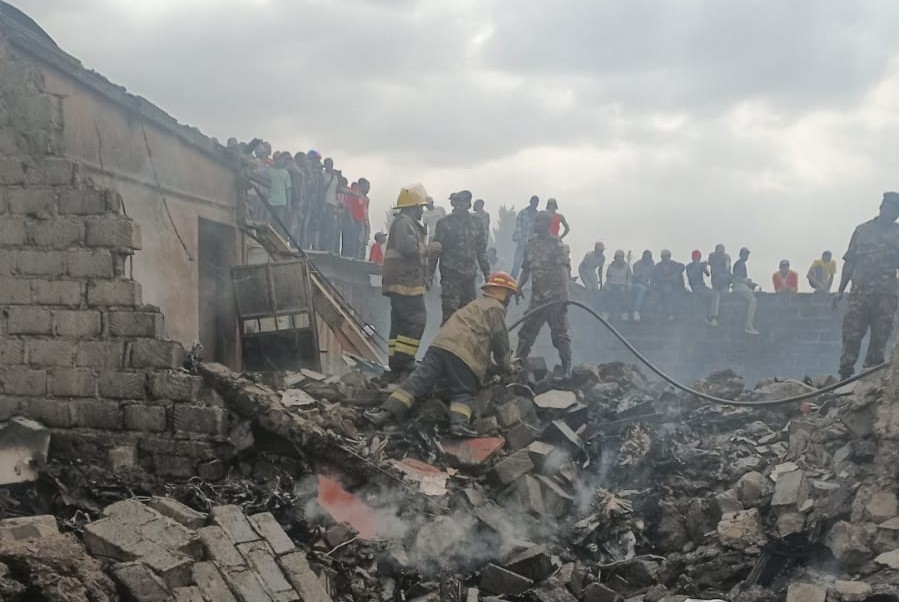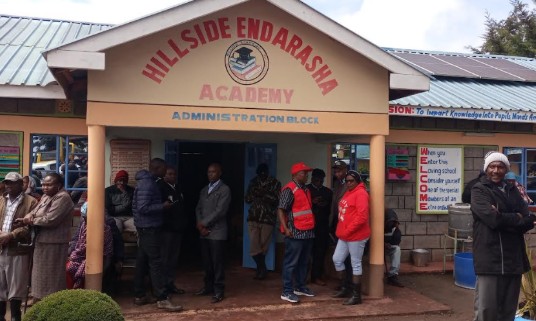Kiambu Court blocks DCI from arresting, harassing two traders over robbery with violence case

The dispute arose after reports that the applicants were being targeted in connection with alleged violent activities.
The High Court in Kiambu has issued conservatory orders restraining the Director of Criminal Investigations (DCI) and the Director of Public Prosecution (DPP) from harassing, arresting and charging two businessmen accused of robbery with violence.
In the case, Dade Bobu and Ibrahim Hassan Abdi, together with others, sued the DCI and DPP, accusing them of threatening to storm their homes and subject them to arbitrary arrest.
More To Read
- Police arrest 214 individuals linked to spate of criminal activities in Nairobi CBD
- Court told Okoth Obado agreed to forfeit assets worth Sh235m in graft case
- MPs demand probe into Sh373m stalled amphitheatre project at University of Eldoret
- Kenya Police Service tops complaint list in IAU report
- Court bars DCI from summoning Nairobi Hospital officials amid leadership wrangles
- DPP orders prosecution of Bomet Governor Hillary Barchok over alleged graft
The matter stems from investigations into an alleged conspiracy of robbery with violence, said to be contrary to Section 22 of the Penal Code.
In a ruling delivered by Justice Dorah Chepkwony, she certified the application as urgent and granted interim conservatory orders barring the respondents and any state security agents from interfering with the applicants' residences until the case is heard and determined.
The court further directed the applicants to serve the respondents with their motion and supporting affidavits, after which the DCI and DPP are expected to file their responses within seven days.
The case will then proceed by way of written submissions, with an inter partes hearing scheduled for September 24, 2025.
The dispute arose after reports that the applicants were being targeted in connection with alleged violent activities. Through their lawyer, they argued that security agents had begun trailing them and issuing threats of storming their homes without lawful warrants.
They claimed such actions amounted to "abuse of power and a violation of their constitutional rights to dignity, privacy, and due process."
The applicants, therefore, moved to court seeking urgent intervention to shield them from what they described as "state intimidation."
Top Stories Today















































